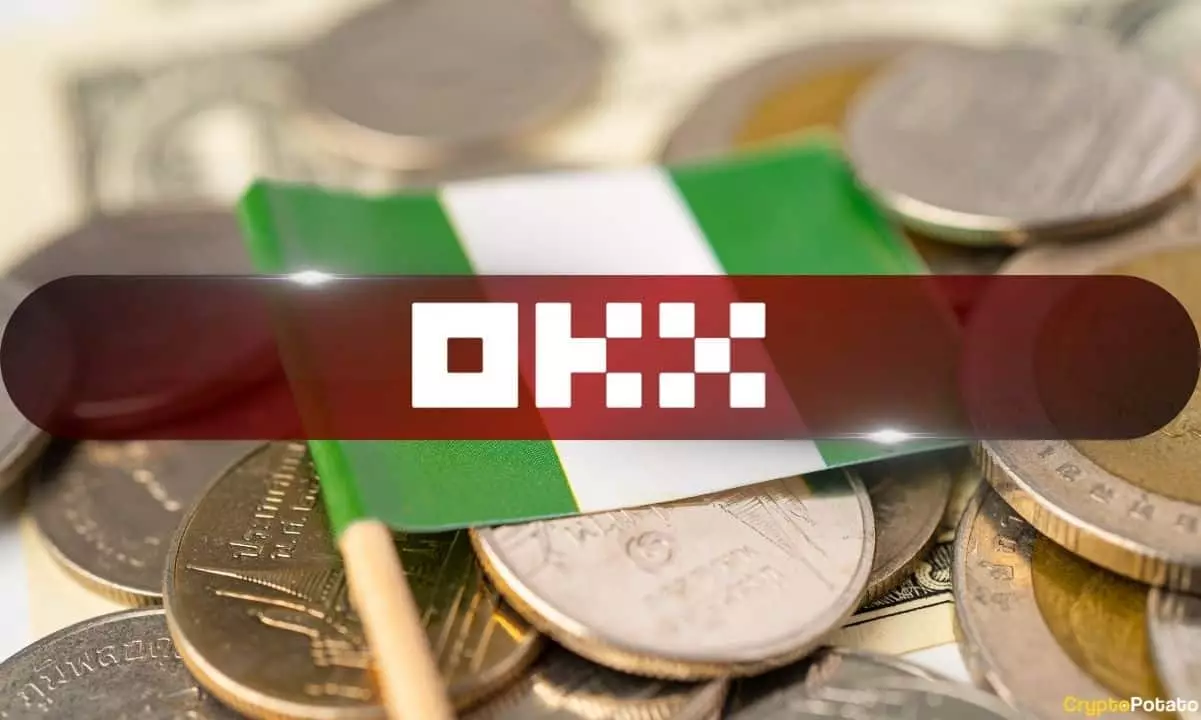Cryptocurrency exchange OKX recently announced the discontinuation of its services in Nigeria, citing recent regulatory changes as the primary reason. Nigerian users of OKX received emails informing them that they have until August 30 to withdraw their assets from the platform. After August 16, users will no longer be able to open new positions, accounts, or access services on OKX. Instead, they are limited to withdrawing their assets and closing or redeeming open positions.
OKX has instructed affected users to review their accounts and complete several steps before the deadline. This includes closing peer-to-peer (P2P), margin, perpetual, futures, and options positions, as well as spot orders. Users are also advised to redeem assets from all OKX products and move assets to external wallets by 12:00 am PST on August 16. Failure to transfer assets by this date will require users to do so by 12:00 am PST on August 30.
After August 30, users will need to contact OKX customer service for any account-related actions. The exchange strongly recommends withdrawing or transferring funds before the deadline to avoid further restrictions in accordance with their Terms of Service and local laws. This decision to end services in Nigeria comes after OKX removed the Nigerian naira from its P2P platform two months ago due to regulatory challenges.
The harsh regulatory environment in Nigeria for crypto exchanges has forced OKX to make this difficult decision. Despite this, other platforms like KuCoin have implemented changes to continue operating in the country. KuCoin announced a 7.5% value-added tax deduction from transaction fees for Nigerian users and temporarily paused its P2P services for the naira in May. OKX’s move to close services in Nigeria is part of a larger trend, as the exchange also ended operations in India earlier this year due to regulatory crackdowns.
The discontinuation of OKX services in Nigeria is a clear indication of the challenges faced by crypto exchanges in navigating changing regulatory landscapes. As governments around the world implement stricter regulations on digital asset platforms, companies must adapt or risk being forced to cease operations in certain jurisdictions.
















Leave a Reply